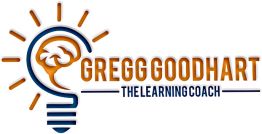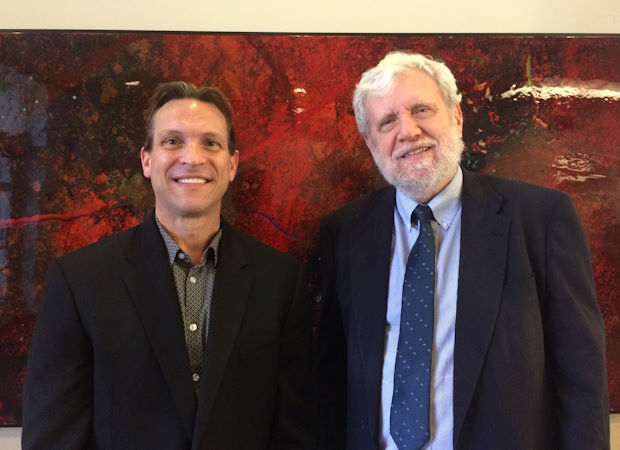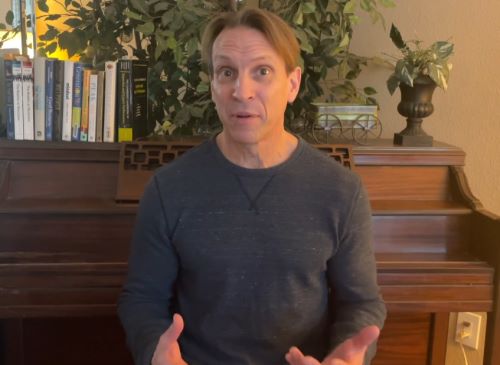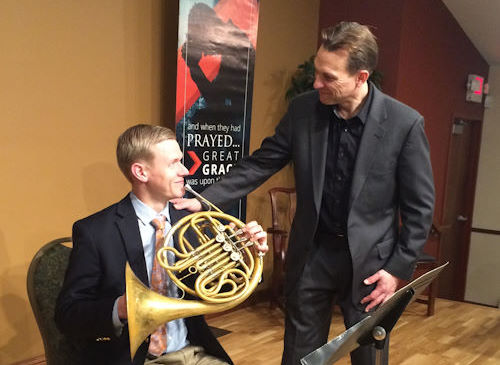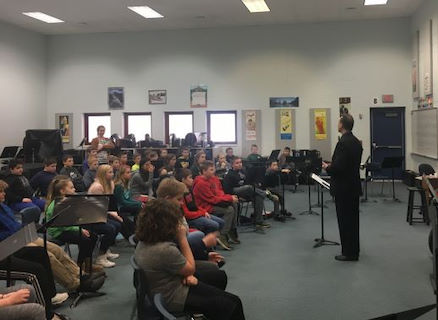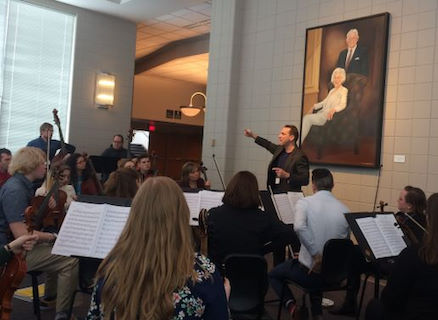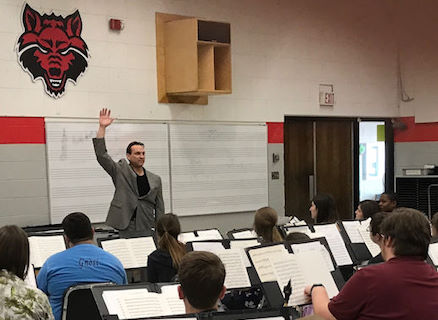The Lightbulb Masterclass Series
This series of Lightbulb Masterclasses are the gateway to finally understanding how to use all of that scientific practice advice we hear about, but nobody teaches well, in our minute to minute practice to improve every moment.
*The, “10,000 rule,” is a misinterpretation of the evidence in Ericsson’s original research which showed that to reach the highest level at a particular music conservatory the average time of previous practice was 10,000 hours. They were not masters yet, and it was an average not an absolute number.
This myth was published by Malcom Gladwell as a marketing tactic for his book, “Outliers,” and it worked great, but is not a real thing. Ericsson himself has written that it is helpful in that, at least, people will understand that it doesn’t happen in on one or several thousand hours, but takes a long progressive process of deliberate practice.
You can read all about it in his book, “Peak.”
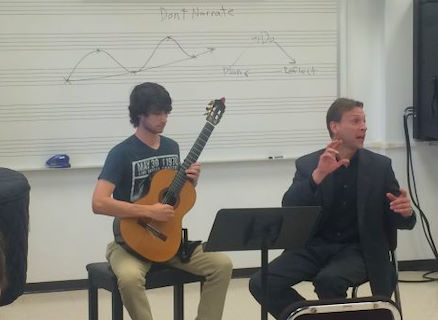
Improvisation: Figuring It Out
And it doesn’t matter how advanced you are as a player. If a concept is new to you and you want to learn it then you are a beginner with that concept, even if you just want to level up.
I’ll teach you, in less than an hour, how to learn creativity in improvisation at the most basic, atomic level. It progresses quickly once you understand that.
Gregg’s blog posts on learning improvisation:
Improvisation Post: Part 1
Improvisation Post: Part 2

Sight Reading: Where To Start
Teachers, do you have a plan to teach your students how to begin sight reading then quickly progress?
Sight reading is skill that can be developed with a few minutes of practice every practice session. The very first step is a simple physical skill you need to train in your eyes called saccades. Nobody teaches this in sight reading, if they teach it at all.
Much of the advice I’ve heard from pros is, “Just do it, you’ll get better at it.” They don’t make it easy to get started, do they? Maybe a lot more of us would seem to have talent if we knew how to get started with this stuff.
Gregg’s blog posts on learning sight reading.
Sight Reading Post: Part 1
Sight Reading Post: Part 2
